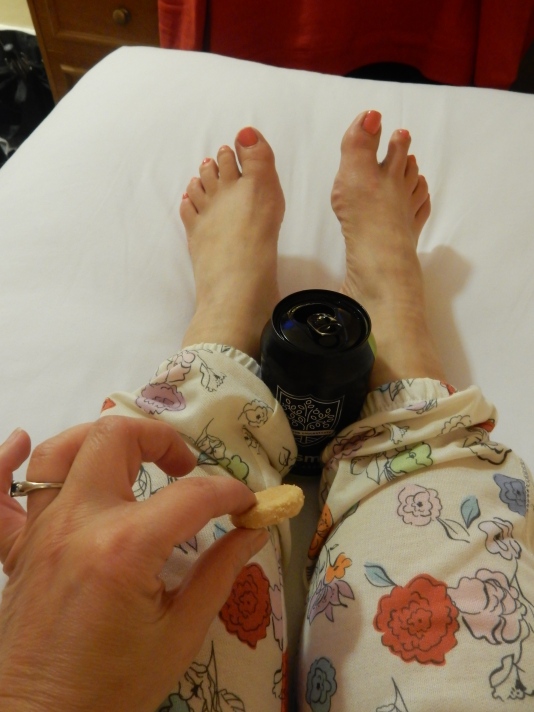A friend recently left a 30-year marriage and came back to Canada after following her spouse to the US and raising their children there. They’re sorting out who gets what and to cover the gaps in between, she applied for a credit card in her own name.
She went to the bank she’s been with for decades, the one that holds her retirement savings, the one that held the two mortgages she paid off with her spouse. The bank rejected her. Now that she’s single, she doesn’t meet their minimum income requirements. Her years in the States mean she doesn’t have a Canadian credit rating.
Ouch.

Now, she’s sorting it all out, but going through a divorce is hard enough without unnecessary financial strain. You’re already resorting your identity – you may not have realized how much your financial identity will change too. (Note to self: write future blog on banks’ archaic paternalistic ways.)
But just as money is a common cause of arguments for couples, financial insecurity is a big fear for single-again women. It’s especially hard when you have children to provide for.
While you’re dealing with the emotional fallout, you have to sort out the practicalities – where are you going to live? What are you going to live on? What will your future look like? Images of cardboard boxes and tins of cat food may flash before your eyes.

No one stands at the altar thinking, “Is this the man I want my children to visit every other weekend?” There was a time women married their pension plans. But not anymore. Having your own bank account, credit card and credit history of your own are essential to establishing your financial identity. You don’t want to need a co-signer when you’re a grown-ass woman. (Also, holler to Virginia Woolf’s A Room of One’s Own.)
There’s too much to cover on this topic in just one blog post, but I will offer two divorce-specific tidbits. One, Canada doesn’t have alimony, we have spousal support, and it’s designed to help you get back on your feet, not live in comfort the rest of your life. (Child support is set according to the spouses’ incomes, so it’s less negotiable.)
Two, you can apply to share CPP credits for the time you were together, which means you may receive more when you’re retired. Future you will thank current you for doing the paperwork. Remember, the goal is – say it with me now – Don’t eat cat food in your old age!

Regardless of your relationship status, having a solid financial foundation can only be a good thing. Like I always say, diamonds are nice, but a girl’s best friends are really contraception, compound interest and a good credit rating.
Don’t worry, there are many good wines that are still affordable. So crank up “I Will Survive” or “I’m Still Standing,” and cheers to single-again you!











